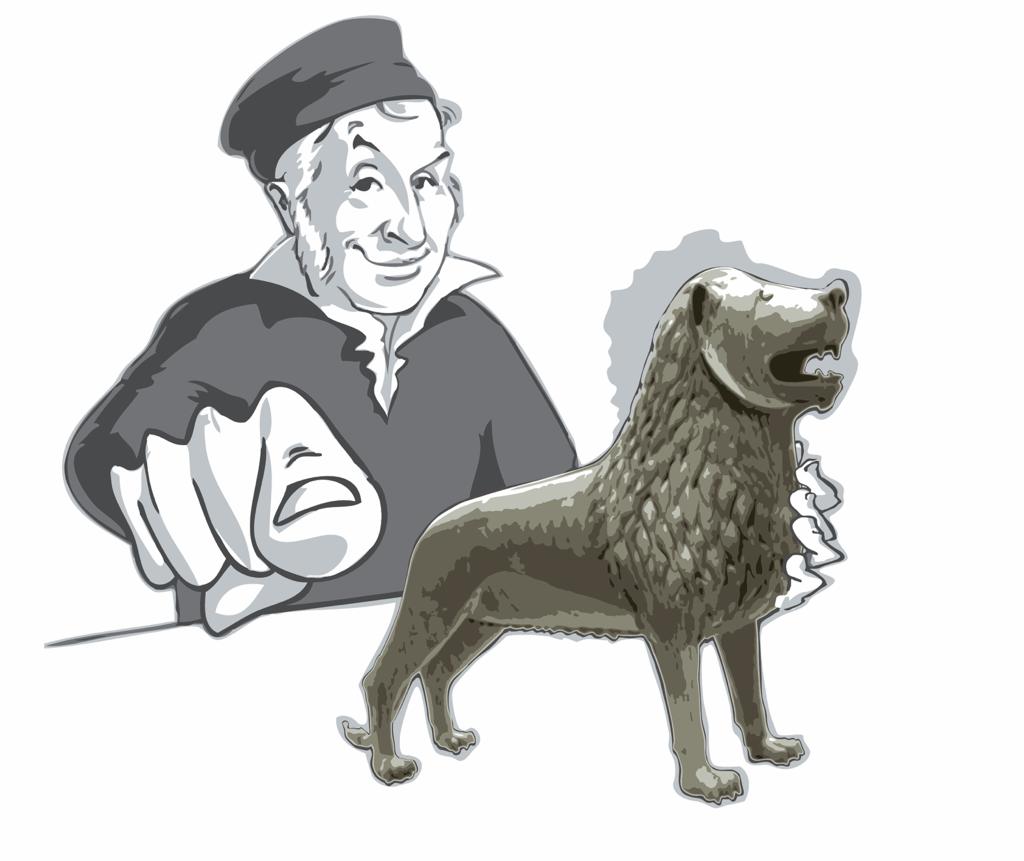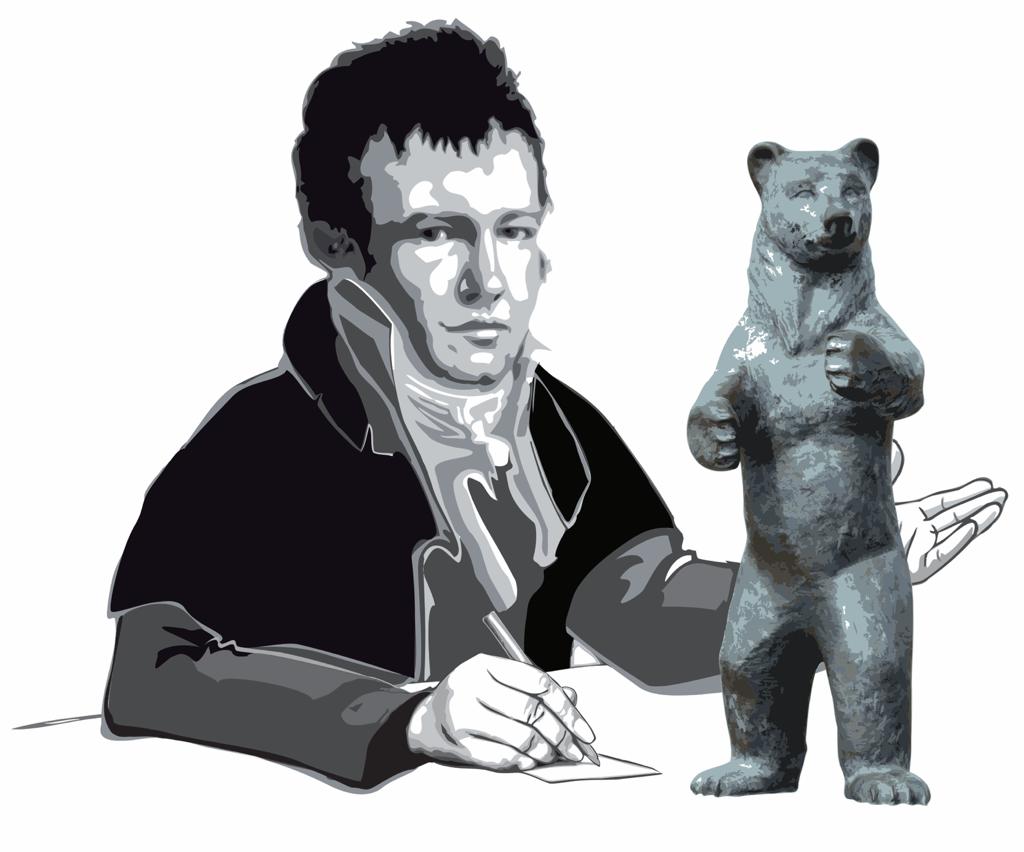Gauss-Telegraph: Masleniza – Butterweek Festival
by Tina Metschke
For our weekly intercultural evening, we celebrated the Maslenitsa (Butter) Festival on February 25th, one of the most important festivals of the year in the Russian-Slavic culture.
Originally a pagan celebration of the summer solstice and the Slavic New Year on March 1st, it is celebrated for a week in the community of all villagers.
 Ekaterina and Andrej give us insights into the tradition of their home countries Georgia and Russia. “Maslo” means “butter” in German, which symbolizes wealth and prosperity, because in spring the cows give more milk and the butter preparation begins.
Ekaterina and Andrej give us insights into the tradition of their home countries Georgia and Russia. “Maslo” means “butter” in German, which symbolizes wealth and prosperity, because in spring the cows give more milk and the butter preparation begins.
Butter also marks the beginning of Lent, since meat is dispensed with, but dairy products are allowed.
Spring is celebrated as a symbol of rebirth and renewal, the triumph of the newly born life over death and commemoration of the deceased.
Another symbol is the straw doll, which symbolizes the bisexual god of fertility. Nowadays, with more female attributes, it is placed on a hill in the village square.
The traditional dish of the Butter Week is blini, which we cooked in a vegan version in the cooking workshop. These circular cakes are similar to German pancakes, French crepes or English pancakes.
Traditionally, for the Maslenitsa festival, the blini is baked in the oven and served with various fillings. The round shape and the yellow color stand for the sun, as the days are getting longer now.

There was a lot of activity in the kitchen during the cooking class. Vicente, Maher and Kamil are the chefs of the evening.
Kamil is in Gauss Haus for the first time. He studies pharmacy in the first semester and has been in Germany for 3 years.
Kamil says that he has lived in many countries. Now he wants to really arrive in Braunschweig and make friends. “Cooking together is a great idea! I didn’t know anything like that before. It’s great to meet new people and learn about a different culture. ”
We learn that the butter festival has specific daily routines. After the preparations on Monday, the Chrovod dance is performed on Tuesday, the blini is eaten on Wednesday, on Thursday there is action with tug of war, fistfighting, conquering the snow fortress and climbing on the ice posts.
On Friday and Saturday you visit relatives and on Sunday you commemorate the deceased and ask for forgiveness. The straw doll is burned at the end of the festival.
Paola from Spain did not have much knowledge of Russian culture before the presentation. She was born in the Dominican Republic, moved to Europe at 18 and has been in Braunschweig for two months now.
She says that she can understand the lectures well, since they are usually held in German and English, which makes it easier for them to learn new, unknown words.
This time she doesn’t go to the subsequent dance class because she still has sore muscles.
Our little ‘party’ ends with games as always. Mahea and Kamil have made friends and are already looking forward to the Moroccan evening next Tuesday.
More pictures of the event here.



You must be logged in to post a comment.